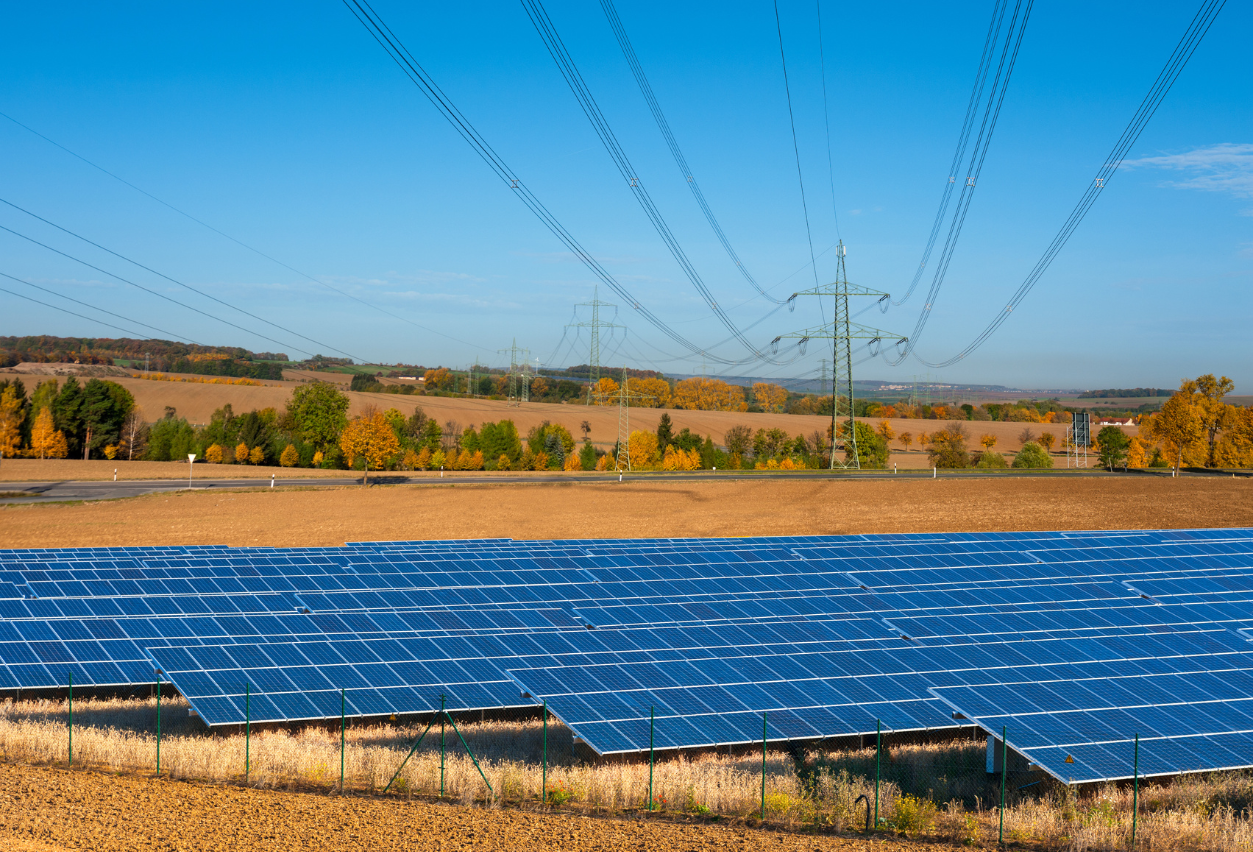A solar developer specializing in solar land leases, community solar projects, and solar farm development. Partner with us to bring innovative and sustainable energy solutions to life. Contact us for more information.

Landowners considering leasing their land to Genie Solar Energy can have full confidence in our meticulous adherence to legal and regulatory standards at all levels. Our team not only rigorously follows local township laws, ordinances, and building codes but also ensures compliance with state and federal regulations. The extensive experience and deep expertise of our team enable us to expertly navigate the complex legal landscape that governs solar energy projects.
This capability is crucial, as non-compliance can lead to severe fines or even project shutdowns. By choosing Genie Solar Energy, landowners partner with a company that prioritizes lawful operation and risk mitigation, ensuring that every project progresses smoothly and securely from conception through completion and operation.

Landowners looking to lease their land for solar projects should consider Genie Solar Energy, a subsidiary of the established Genie Energy conglomerate, which boasts a proven track record of success in the solar industry. With over 1.8 million solar panels installed, Genie Solar Energy is one of the nation’s leading solar development firms. Our dedicated team includes over 250 professional solar installers, ensuring high-quality and efficient project execution.
This extensive experience and scale reflect our capability to handle projects of any size, offering landowners reliability and expertise that translates into maximized energy production and optimized financial returns from their leased land. Partnering with Genie Solar Energy means choosing a leader with a proven commitment to advancing solar energy and delivering tangible benefits to our partners and the communities we serve.

Landowners considering leasing their land to Genie Solar Energy can take advantage of our unparalleled experience and expertise with local ordinances, laws, and building codes across various municipalities and townships nationwide. Our extensive footprint and history of working within diverse regulatory environments equip us with a deep understanding of local requirements. This knowledge ensures that every solar project we undertake complies seamlessly with area-specific regulations, thus minimizing delays and avoiding potential legal and regulatory hurdles.
For landowners, this means a smoother, faster project approval process and a more efficient path to generating returns from your leased land. By partnering with Genie Solar Energy, you benefit from our adept navigation through the complexities of local regulations, ensuring that your land’s transformation into a productive solar farm is both compliant and expedient.

Landowners considering leasing their land for solar projects will find a robust and comprehensive partner in Genie Solar Energy. As a subsidiary of the internationally recognized Genie Energy conglomerate, Genie Solar Energy is not just a leader in solar engineering and development; our team also brings extensive experience across the broader energy markets, including wholesale and retail electricity markets. This depth of expertise allows us to tailor solar solutions that are not only technically efficient but also economically optimized for each landowner’s specific circumstances.
By choosing Genie Solar Energy, you are partnering with a team that understands the intricacies of energy production and distribution, ensuring a profitable and seamless integration of your land into the solar energy landscape. This comprehensive approach guarantees that our solar projects deliver maximum value, making the most of our shared energy future.

Working with Genie Solar Energy offers landowners a seamless and secure experience throughout the lifespan of a solar project. As part of the financially robust Genie Energy conglomerate, Genie Solar Energy manages all aspects of solar development projects from the initial planning and permitting stages through to construction, operation, and eventually decommissioning. This end-to-end involvement ensures that the same experienced team handles the project for decades, providing continuity and stability that many competitors cannot match.
Competitors often lack the resources to manage a project throughout its entire lifecycle and may sell the project to different companies at various stages, leading to potential inconsistencies in management and execution. By leasing their land to Genie Solar Energy, landowners benefit from a single, reliable partner who provides consistent oversight and maintains the highest standards throughout the duration of the project.

Being backed by a publicly-traded company like Genie Energy, Genie Solar Energy brings significant financial stability and reliability, which is a considerable advantage for landowners considering leasing their property for a solar project. This financial strength ensures that Genie Solar Energy can see projects through from inception to operation without the risk of bankruptcy that might plague less financially secure competitors.
Moreover, whereas competitors might lack the funds to complete a project and be forced to sell it, Genie Solar Energy’s robust financial backing allows it to maintain ownership and direct control throughout the project’s lifecycle. For landowners, this means greater security in the lease agreement, timely and reliable lease payments, and the assurance that the project will be managed by a seasoned team with a solid track record in the energy market.